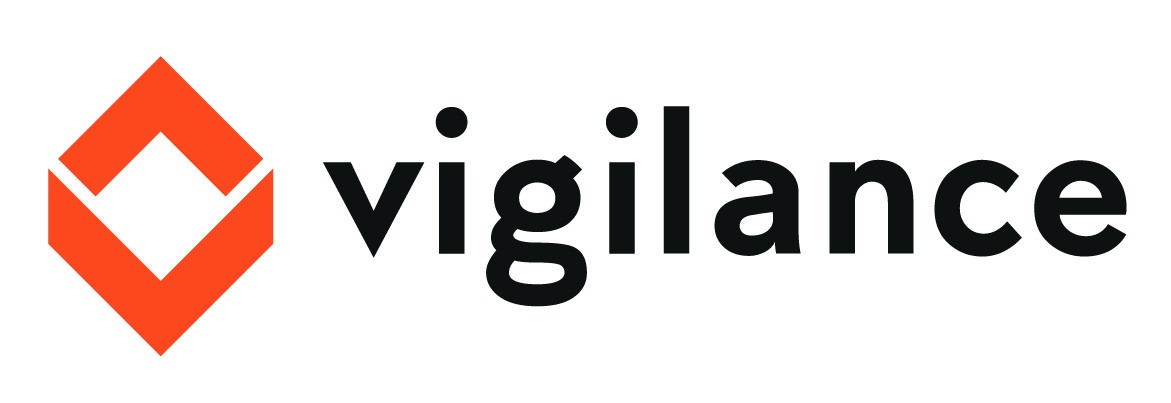

Vigilance Properties Ltd

City of London, United Kingdom
November 2022
Other personal services
Service with Minor Environmental Footprint
Guernsey and Alderney,
Ireland,
Jersey,
United Kingdom
Vigilance provides SECURITY WITH INTEGRITY. A full service licensed security firm, it delivers highly compliant security blended with latest technologies. Operations are orientated by a sophisticated risk mitigation system developed by in-house experts, and recognised by leading insurers. Services include: guarding, innovative ‘security in residence’, close protection, physical ‘security fundamentals’, and risk consultancy. Vigilance serves clients from global corporations to private individuals seeking high degrees of quality, dependability and value. Founded by veterans as a social enterprise, its heritage directs its ethos of MILITARY PROFESSIONALISM. This firm is a community, a family holding ETHICAL VALUES and people as its keystone. Vigilance is PROUD TO PROTECT stakeholders, and assure the welfare of all it impacts. The company pursues an ambitious agenda ensuring environmental responsibility, sustainability and transparent governance. Vigilance’s veterans support is recognised by the Defence ERS Gold Award, while its longstanding charity partnership builds schools and sanitation projects in Nepal. This B Corp commitment enshrines Vigilance’s determination to serve, while leaving the lightest possible footprint wherever it treads.
Overall B Impact Score
Governance 20.5
Governance evaluates a company's overall mission, engagement around its social/environmental impact, ethics, and transparency. This section also evaluates the ability of a company to protect their mission and formally consider stakeholders in decision making through their corporate structure (e.g. benefit corporation) or corporate governing documents.
What is this? A company with an Impact Business Model is intentionally designed to create a specific positive outcome for one of its stakeholders - such as workers, community, environment, or customers.
Workers 35.8
Workers evaluates a company’s contributions to its employees’ financial security, health & safety, wellness, career development, and engagement & satisfaction. In addition, this section recognizes business models designed to benefit workers, such as companies that are at least 40% owned by non-executive employees and those that have workforce development programs to support individuals with barriers to employment.
Community 25.9
Community evaluates a company’s engagement with and impact on the communities in which it operates, hires from, and sources from. Topics include diversity, equity & inclusion, economic impact, civic engagement, charitable giving, and supply chain management. In addition, this section recognizes business models that are designed to address specific community-oriented problems, such as poverty alleviation through fair trade sourcing or distribution via microenterprises, producer cooperative models, locally focused economic development, and formal charitable giving commitments.
Environment 10.5
Environment evaluates a company’s overall environmental management practices as well as its impact on the air, climate, water, land, and biodiversity. This includes the direct impact of a company’s operations and, when applicable its supply chain and distribution channels. This section also recognizes companies with environmentally innovative production processes and those that sell products or services that have a positive environmental impact. Some examples might include products and services that create renewable energy, reduce consumption or waste, conserve land or wildlife, provide less toxic alternatives to the market, or educate people about environmental problems.
Customers 4.7
Customers evaluates a company’s stewardship of its customers through the quality of its products and services, ethical marketing, data privacy and security, and feedback channels. In addition, this section recognizes products or services that are designed to address a particular social problem for or through its customers, such as health or educational products, arts & media products, serving underserved customers/clients, and services that improve the social impact of other businesses or organizations.